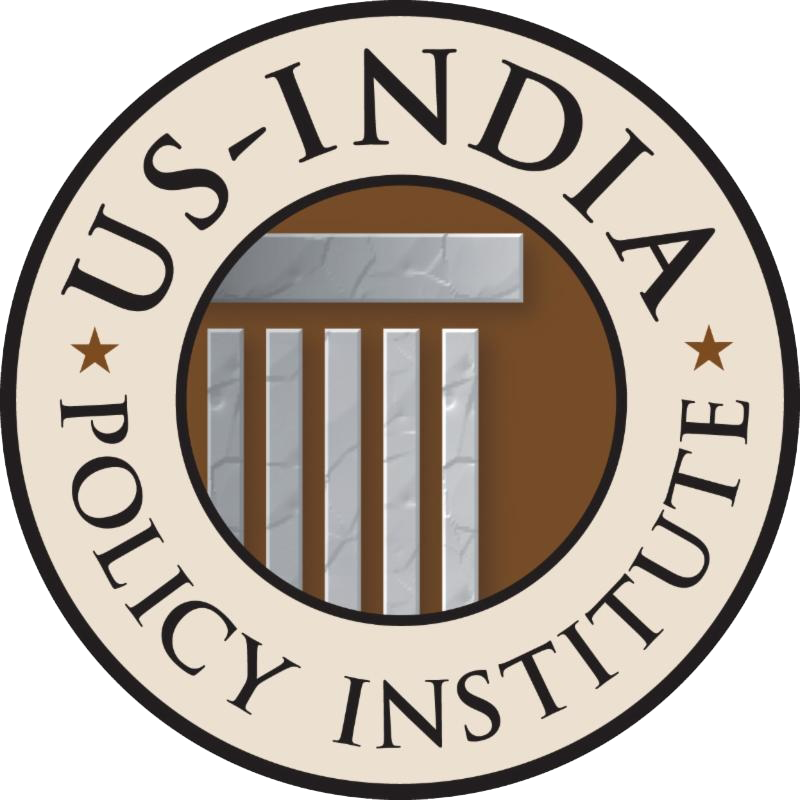The Spectre of Love Jihad
Anti-conversion laws are seen across several countries such as Sri Lanka and Algeria and are not limited to a pluralist India. Laws to check religious conversions are not new even in India. Odisha, Madhya Pradesh, Arunachal Pradesh, and Tamil Nadu passed laws against forcible conversions in the 90s and early 2000s. However, only recently have the states of Uttarakhand and Himachal Pradesh, incorporated the conversions taking place for marriage in the mandate of their respective laws. The introduction of marriage in the purview of anti-conversion laws is resonant with Hindutva politics and the growing spate of intolerance.
The prohibition of unlawful conversion through an ordinance introduced by the UP government seeks to check religious conversions. The ordinance proposes punitive provisions for organizations and individuals, coercing conversions with the lure of marriage or some other form of deceit. Individuals entering into inter-faith marriages will face the scrutiny of the district magistrate, to prove the element of consent in the act of conversion. The ordinance invalidates marriages solemnized solely with the aim of conversion and makes the act of forced conversion a non-bailable offense. The bill applies to all religions.
A glaring problem with this new narrative about love marriages is that on one hand, it seems to be replacing the citizenship debate that was the election plank last year. On the other hand, this law against love marriages is assuming that women are gullible and do not have a mind of their own. In a stage of the country’s development where the argument has always been to empower women and encourage them to make difficult decisions on career growth, late marriages, or even family planning. It brings back a patriarchal mindset that believes that it’s the men who must decide for their siblings.
The prevailing communally polarising climate and the clamor against alleged ‘Love Jihad’ has made the inclusion of marriage in an anti-conversion law a subject of debate and controversy. Given the lack of official numbers on love jihad cases, the urgent commissioning of such a law by way of an ordinance during a raging pandemic is worrying. Moreover, a special probe launched by the UP Police to investigate alleged accusations of forced conversions of Hindu women, revealed that most inter-faith romance cases were consensual.
Continue reading: https://www.siasat.com/the-spectre-of-love-jihad-more-problems-than-solutions-2034237/
About the authors: Amir Ullah Khan and Nahia Hussain.
Amir Ullah Khan is a Development Economist and adjunct Professor at the MCRHRDI of the Government of Telangana. He is also a distinguished scholar and advisor at the US India Policy Institute.
Nahia Hussain is an Advocacy and Public Policy Consultant with a Masters from National Law School of India, Bangalore. She is Vice President (Policy Affairs) at CDPP. She has been associated with organisations such as KPMG, Commonwealth Human Rights Initiative and Research Information Systems for Developing Countries, in the past. She has previously worked on diverse issues like gender rights, sustainability, foreign policy and criminal justice.
Source: The Siasat Daily

